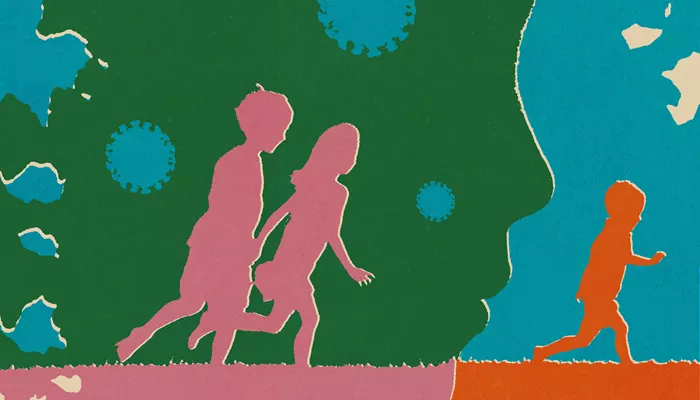The Trump administration’s new plan to make kids healthier is making headlines — but not for the right reasons. The very first report from President Trump’s Make America Healthy Again (MAHA) Commission has been caught with a big problem: it includes fake or wrong information from studies that either don’t exist or were used incorrectly.
The 78-page report, meant to show how to fight chronic health problems in children, was released last week. It was praised by Health and Human Services Secretary Robert F. Kennedy Jr. as a “milestone.” The report says kids are getting sicker because of things like poor diets, too little exercise, too many medications, stress, and toxic chemicals in the environment.
But soon after the report was released, reporters at NOTUS — a nonprofit news website — started checking the facts. What they found was shocking.
Fake Studies, Wrong Citations, and Confused Scientists
The report includes 522 references to medical studies, news articles, and government documents. That might sound impressive, but several experts say many of those references are just plain wrong.
In fact, NOTUS found seven studies in the original report that don’t seem to exist at all.
One of them was supposedly written by Dr. Katherine Keyes, a mental health expert at Columbia University. The report said she wrote a paper called “Changes in mental health and substance use among US adolescents during the COVID-19 pandemic.” But Dr. Keyes said that’s not true.
“I can confirm that I, and my co-authors, did not write that paper,” she said. “It does make me concerned.”
Even though she has studied teen anxiety during the pandemic, she said the report used a made-up paper title — and she has no idea where some of the numbers in the report came from.
Another example? A study said to be written by Dr. Robert Findling, a top psychiatrist at Virginia Commonwealth University, claimed that drug ads are making it too easy to prescribe medications to teens. But he didn’t write that study, according to his university spokesperson, Michael Porter.
“Dr. Findling did not author the article you cite,” Porter confirmed.
Even worse, no study with the title listed in the report can be found anywhere — not in the journal it was supposed to be in, and not in the major medical study database called PubMed.
More Mistakes Keep Coming
And the list of errors goes on.
Dr. Barbara Mintzes, a pharmaceutical policy expert in Australia, was also listed as the author of a study. But she quickly shut that down.
“You haven’t found this article because I did not write it,” she told CNN.
Also, the journal Pediatrics — one of the most trusted sources for children’s health — says two of the studies listed in the MAHA report never existed. One was titled “Overprescribing of Oral Corticosteroids for Children With Asthma,” but the journal says they never published that article. They did publish something similar years ago, but the authors didn’t match up.
Government’s Response: “Minor Mistakes”
After reporters pointed out the problems, the Department of Health and Human Services made changes to the online version of the report. They removed some fake studies, changed some words, and corrected some references.
Still, HHS press secretary Emily Hilliard downplayed the issues.
“Minor citation and formatting errors have been corrected,” she said. “The substance of the MAHA report remains the same — a historic and transformative assessment.”
But many scientists and experts aren’t buying it. If the report is going to guide health policies for millions of American kids, they say, it needs to be accurate and trustworthy — not based on made-up research.
Why This Matters
This isn’t just about a few typos. Health reports like this help shape laws, school programs, and even what your doctor might recommend. If the facts aren’t right, the policies based on them could do more harm than good.
As Dr. Keyes said, good science depends on honest and careful work — especially when it’s about our children’s health.


